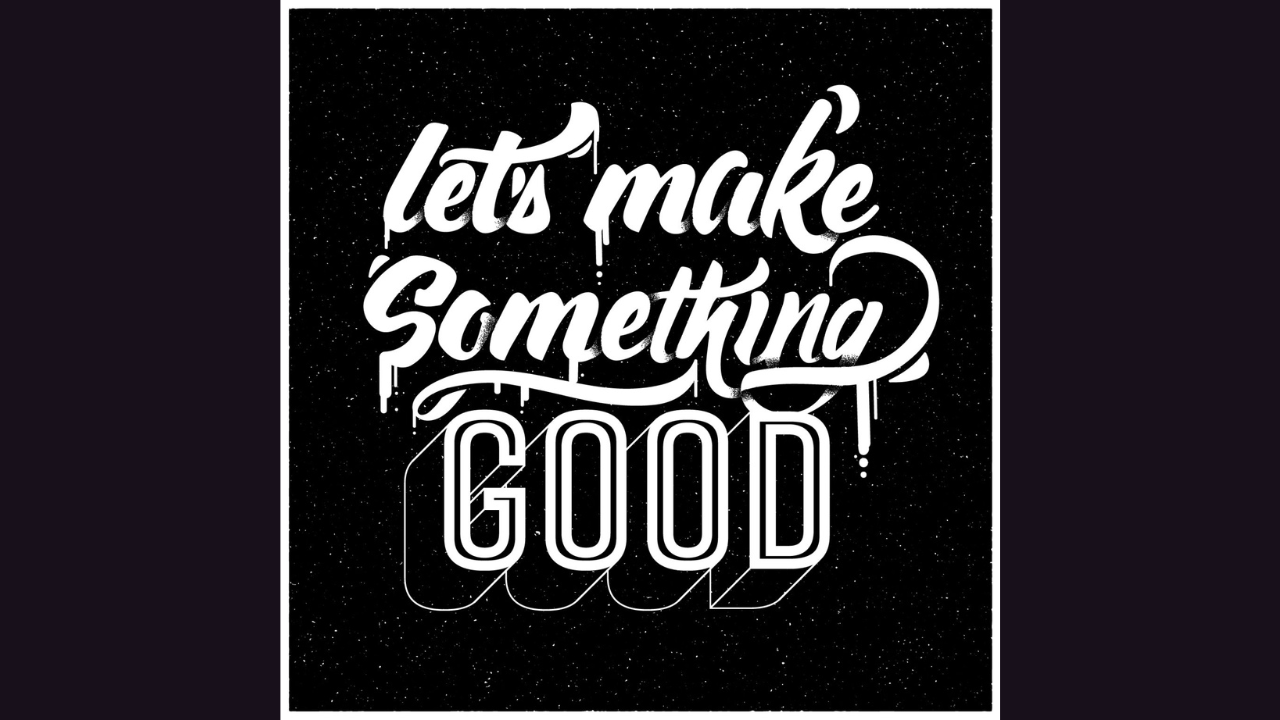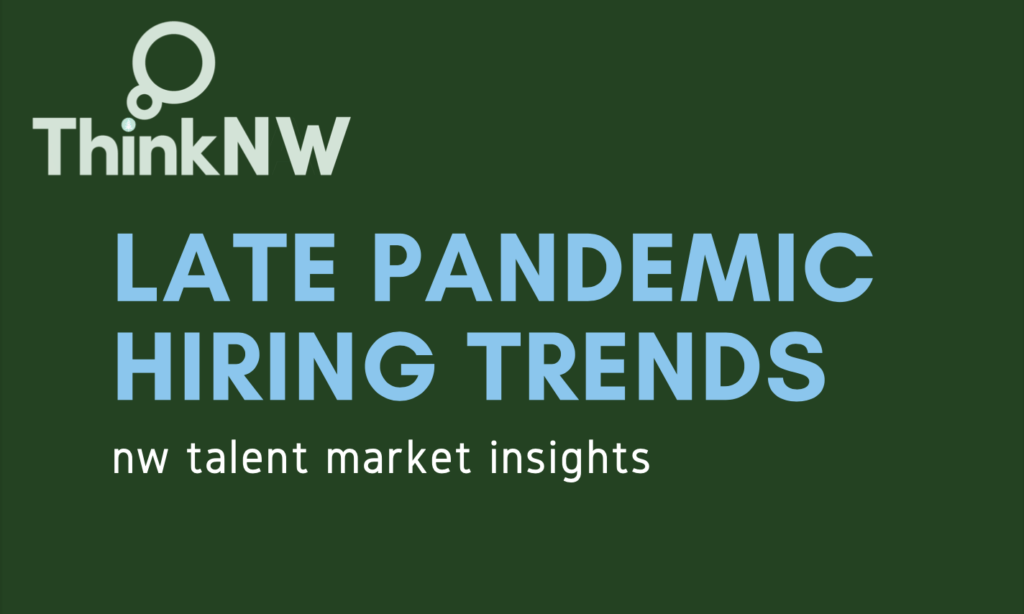Why Henry V Made the Change to For Good and Co.

For over 40 years, Henry V was known as a stalwart in the Portland creative community. Focused on experiences, the shop had a national footprint, putting together legendary events and activations for area brands and beyond. Yet, the agency recognized that diversifying its mix was crucial to its next chapters, as was changing the name to something that better reflects its vision and future: For Good and Co.
According to For Good & Co. (FG&Co.) ecd Haven Anderson, evolving the agency’s offering led it to a greater emphasis on strategy, design, content, and activation. Having these four pillars affords a level of focus yet allows for some flexibility. Yet, the core of the change is more a shift in mindset as opposed to the usual nuts and bolts of advertising and an agency’s offering. In Anderson’s mind, it’s all about the journey of partnership and finding clients willing to embrace high levels of optimism.
“When we look at clients and opportunities that we have with clients, it’s as much on clients to be good partners with us as it is for us to be good partners with them,” said Anderson, who previously worked at Danner and well-known Portland creative shop Kamp Grizzly. “The culture of our agency is one where we don’t let a seed of negativity exist because we feel optimism leads to opportunity.”
The plan was to progressively build out the agency’s new offerings over time. According to Kelsi Smith, FG&Co.’s director of strategy who previously worked in Los Angeles, the global pandemic accelerated the changes. Yet it was the sincere optimism that got Smith hooked.
“Coming in as a new hire at the beginning of this process, I sat with employees and asked them questions to get to the essence of who they all are and the kind of work they want to do,” Smith said. “This helped me understand the vision of where the agency is headed, and it’s very exciting.”
Defining themselves as a purpose-led agency, FG&Co. recently launched a new campaign for Oregon Electric promoting electric vehicle use in underserved communities. Deep research among Oregon’s BIPOC community unearthed an interesting realization—that EV ownership is more accessible than most people realize and a viable choice, even for underrepresented audiences and consumers.

“We dove into the details of different subsidies and rebates that consumers can get and found that there is accessibility reaching communities that most people are not thinking about,” said Anderson.

According to Anderson and Smith, Portland and, by extension, the Pacific Northwest way of working helps support FG&Co. ‘s mission. Anderson, who previously worked at an Indianapolis-based agency, noted that there is more collaboration and a looser structure, especially creativity. Conversely, and perhaps surprising, Smith believes that there is more structure and process in strategic thinking in the market, which she feels strikes the right balance and tone for an agency like FG&Co. Yet, that rigor doesn’t prevent great ideas from moving along.
“I love the entrepreneurial spirit here,” said Smith. “It’s happening throughout the Pacific Northwest, and that is great in the region, creating its unique place in marketing.”

